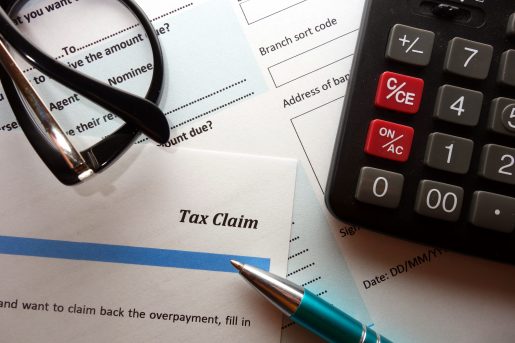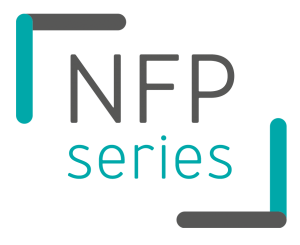
Taxes and your charity


The board of a charity or not-for-profit is ultimately responsible for ensuring the organisation is meeting its tax obligations. This may not be as straight forward as you think, for instance, if your not-for-profit has employees, you need to consider Fringe Benefits Tax, PAYG withholding and superannuation obligations.
Also, if you’re a board member of a not-for-profit you have can be held personally responsible for ensuring PAYG withholding, super and GST obligations are met. So take some time to consider the below and contact us if you need help.
Income tax
Whilst all registered charities can obtain endorsement from the ATO for exemption from income tax, not all not-for-profits are income tax exempt. Not-for-profits may be exempt from income tax without needing to obtain endorsement. Additionally, not all types of income are taxable (e.g. some membership fees, donations). Therefore, some not-for-profits will need to submit tax returns but may have little or no taxable income.
Additionally, if your registration as a charity with the ACNC lapses, you will lose your income tax exemption status. Registration can lapse when you don’t submit annual information statements to the ACNC. If this happens, you’ll need to submit income tax returns and pay tax on net profits.
GST
Charities and other not-for-profits aren’t exempt from GST. However, registered charities can apply for several GST concessions. One of the more common ones is the increased threshold before you’re required to register for GST. For normal businesses, it’s $75,000. For registered charities it’s $150,000. This can really be helpful as not registering will significantly cut down on your compliance costs. However, registering for GST can sometimes be beneficial for charities, if they are eligible for GST refunds on their expenses. Eligibility for GST refunds is not straightforward for charities and some not-for-profits. A lot of charities don’t provide goods or services that attract GST which will limit their access to GST refunds.
Fringe Benefits Tax
Charities and other not-for-profits aren’t exempt from Fringe Benefits Tax (FBT). FBT is payable by employers that provide benefits to their employees (e.g. cars, phones, gym memberships etc). Charities have a few concessions which can reduce their FBT obligations however, there are some common myths out there about charities’ FBT concessions. The most common error we see is the belief that all charities can provide their employees with some benefits (up to a certain threshold) without incurring any FBT. In truth, this ‘FBT exemption’ concession is rare, and only particular types of charities are entitled to it.
Payroll tax
In Tasmania, generally charities are exempt from payroll tax. Some not-for-profits will also be exempt where their purposes are charitable.
How we can help you?
WLF can help your charity or not-for-profit meet its tax obligations in several ways.
- We can undertake GST & FBT health checks to advise you on whether or not you are correctly reporting your GST obligations and if you may have any issues with your FBT obligations.
- If you’re not sure about your income tax exemption status, we can clarify matters. Remember that not-for-profits aren’t automatically entitled to income tax exemption.
- We can also determine your eligibility for endorsements for various tax concessions and help with registration with the ACNC and your ongoing reporting obligations.
- We can also liaise with the ATO if you need to sort out overdue BAS or other reporting obligations.
So perhaps it’s time to put ‘tax obligations’ on the agenda of your next board meeting and start a review of your organisation’s reporting methods.

